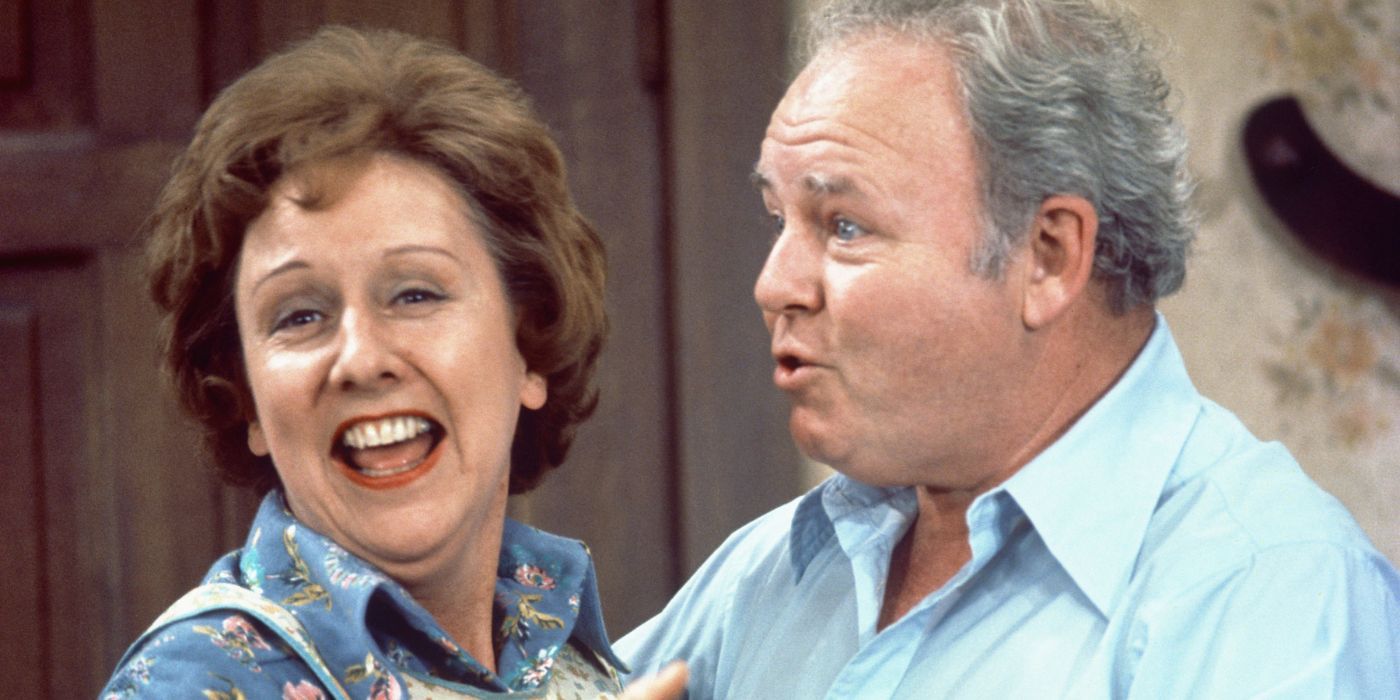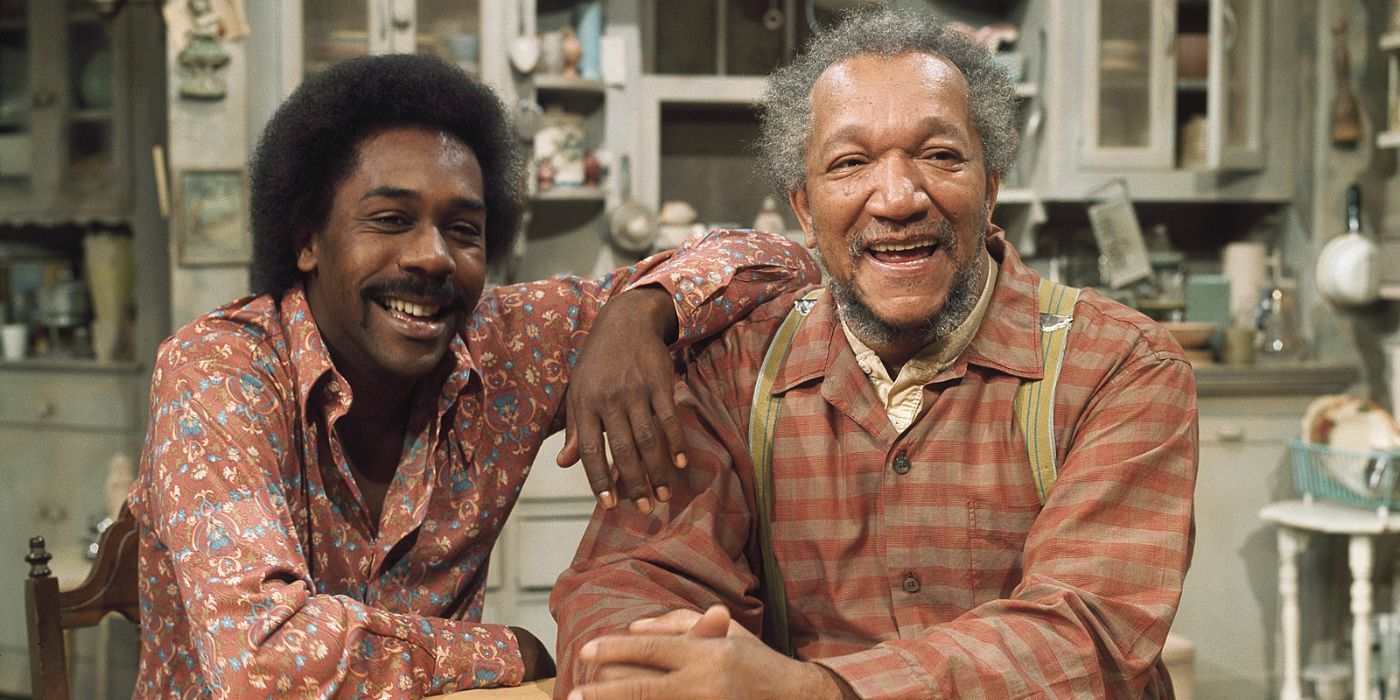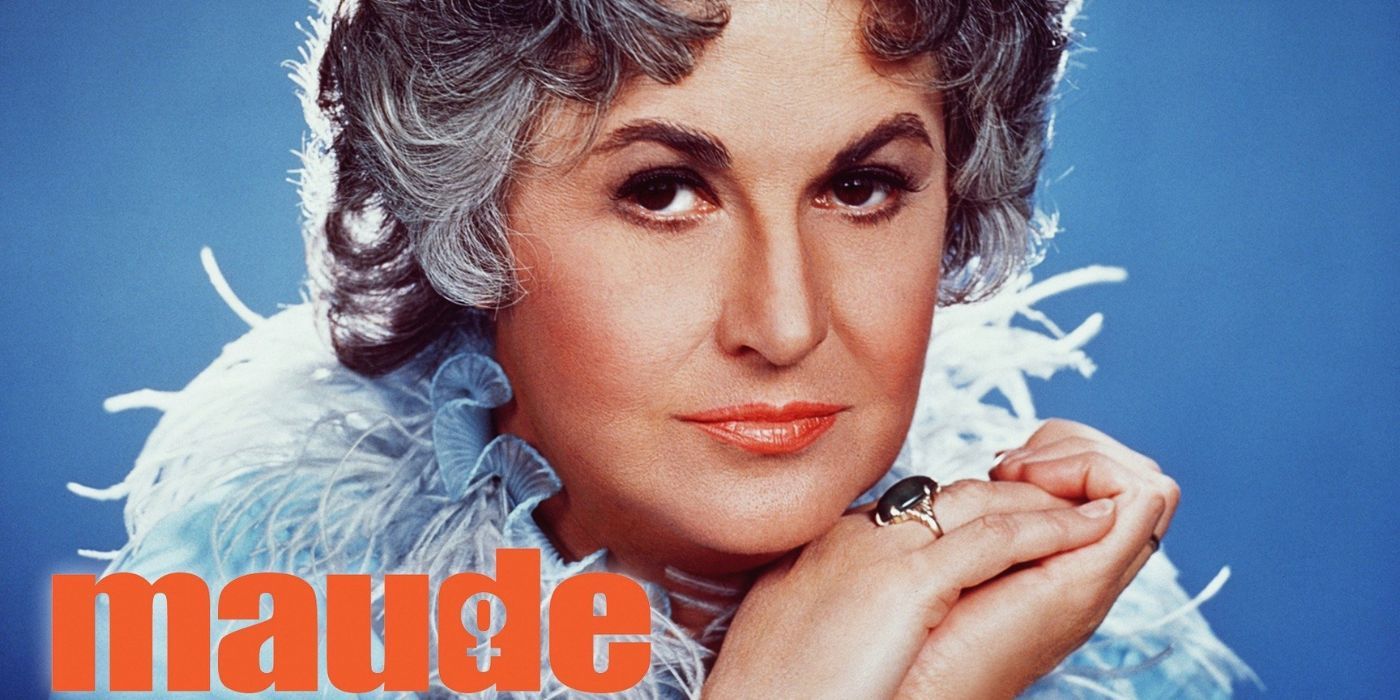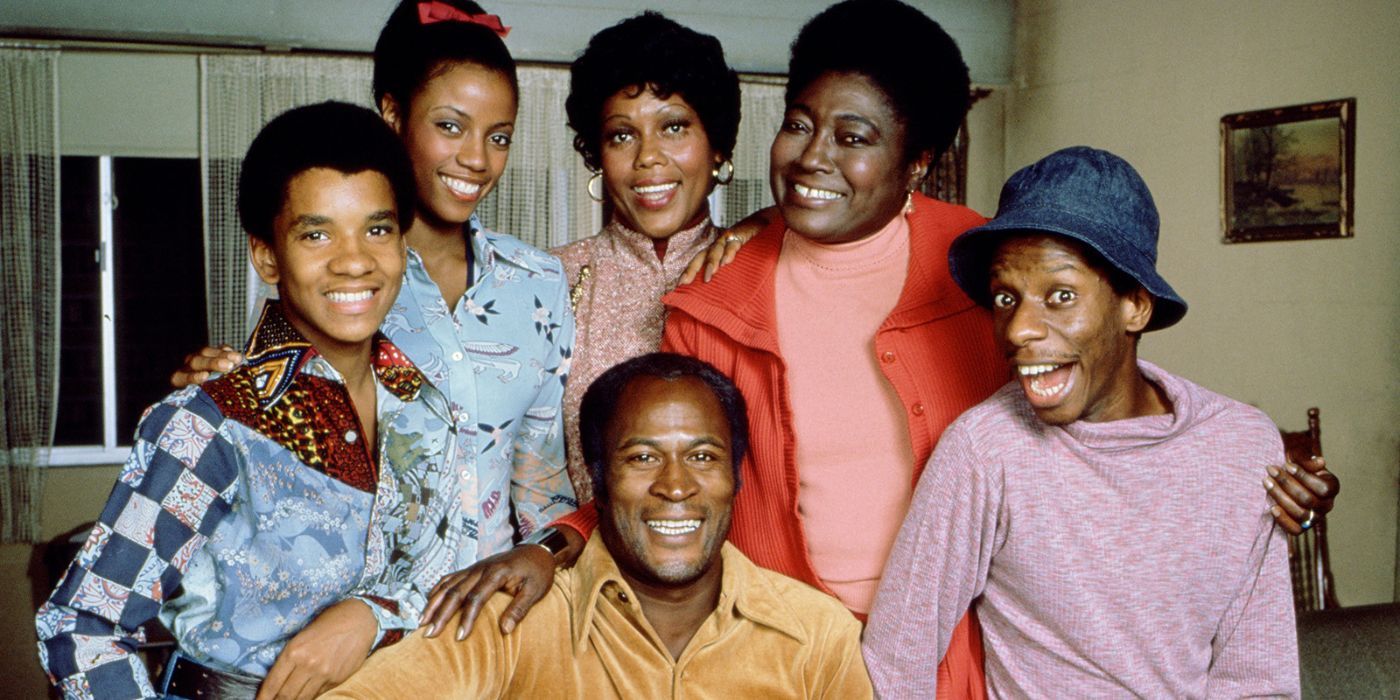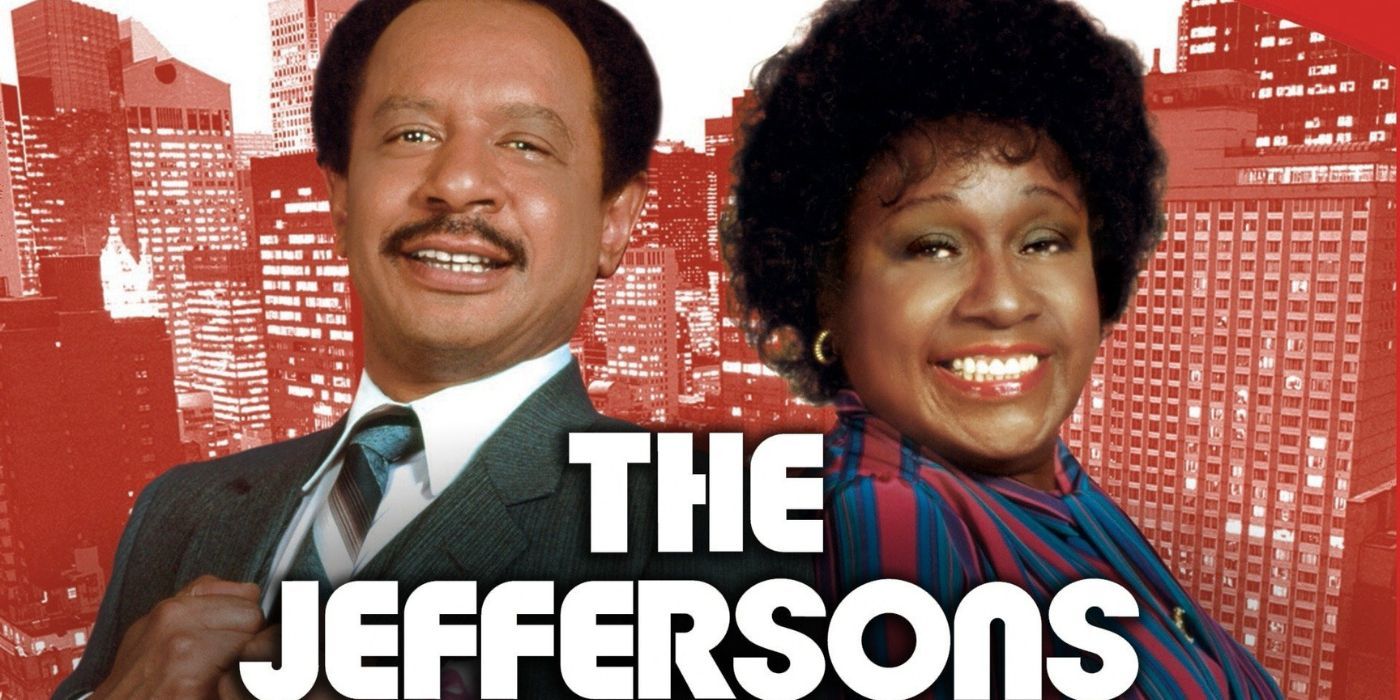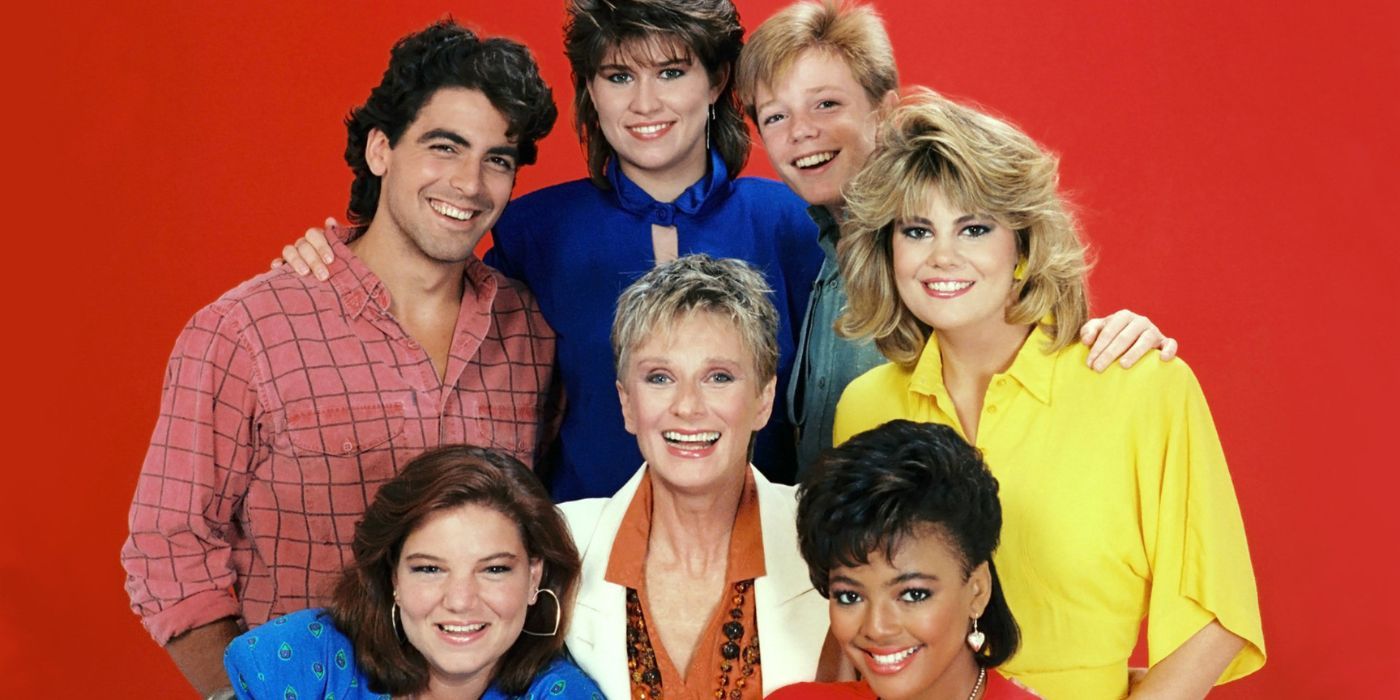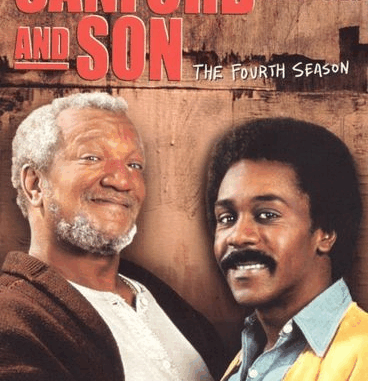
Born on July 27, 1922, Normal Lear was a man who led a remarkable life. A World War II veteran, Lear’s career in television started in the ’60s when he produced The Martha Raye Show. His early career saw many short-lived shows, but his push for engaging programming eventually led to the groundbreaking sitcom All in the Family. Known for its edgy racial humor, running gags, and catchphrases, the show was credited for setting the groundwork for many other black sitcoms.
Lear’s challenging of conventions and dealing with new and sometimes controversial subjects on the TV shows he produced would become a signature of his work. This would lead to some of the most iconic TV shows of the ’70s, with the quintessential American sitcom Sanford and Son and a continuation of the groundwork he created on the beloved show The Jeffersons. His impact on American culture is undeniable, and his recent passing on December 5, 2023, at the age of 101, has been a cause for reflection on the profundity and longevity of his work.
On the passing of Lear, many celebrities and personalities who grew up and were deeply inspired by his work shared reflections on the legendary show producer’s legacy. Jennifer Anniston took to social media with these heartfelt words:
“He was able to tackle and discuss heated political conversations during difficult and charged times, and we were able to laugh and learn. I yearn for those days,” Aniston continued. “When creativity was a learning tool and could inspire people to maybe think just a little bit differently. And of course to laugh. Our greatest source of healing.”
To celebrate his legacy, we look at six of his most influential TV shows that forever changed the landscape of the medium.
6.All in the Family (1971-79)
Revolving around the life of Archie Bunker, a working-class, conservative man, and his family, All in the Family tackled the modern issues of the working class, including the socio-political climate of the time. The show also gave the world one of the most iconic TV fathers of all time, Archie Bunker (Carroll O’Connor), who became the prototype for many TV dads, including Red Forman in That ’70s Show.
All in the Family would become a cultural monolith of the American sitcom; it was the first program to address the cultural upheaval of the 1960s and touch on taboo subject matters like race and antisemitism. Running for nine seasons and a total of 205 episodes, the show certainly helped shape the format of the American sitcom.
5.Sanford and Son (1972-78)
Following a cantankerous junk dealer and his frustrated son, Sanford and Son starred Redd Foxx as Fred G. Sanford, a widower and junk dealer, and Demond Wilson as his son Lamont Sanford. The show ran for six seasons and a total of 136 episodes, and was a ratings hit throughout its run, landing in the Nielsen top ten for five seasons.
The show was widely influential on the culture, and even though the humor relied on stereotypes that remained a point of contention for decades afterward, it moved things forward in the discussion by featuring black actors and addressing real-life challenges. In discussing the legacy of Sanford and Son, Demond Wilson said in an interview with Get TV: “Of all the television shows that have been done since the 1950s, only a handful of them have survived. As long as pop culture exists, Sanford And Son will be part of it.”
4.Maude (1972- 1978)
Starring the iconic Bea Arthur in a spin-off from her character in All in the Family, Maude followed an outspoken and liberal woman living with her fourth husband, Walter, in Tuckahoe, New York. The show explored various social and political issues of the era through the comedic wit of Maude and her interactions with family and friends.
The show is most known for its controversial episode where Maude decides to have an abortion. This boosted the ratings, but some channels refused to air the episodes, and the subsequent conversations and censorship around the subject affected TV for years.
Lear is also responsible for bringing the character of Maude onto TV, as the executive producer saw her at a live theater performance and realized that the moment he ‘met’ her, he found the right actor for the role. This is backed by Arthur’s reflection on the character, stating, “I adore Maude… I have some of her qualities… I’m very vocal about things that move me.”
3.Good Times (1974-79)
Good Times revolves around the struggles and triumphs of the Evans family, an African-American family living in Chicago housing projects during the 1970s. The show was a landmark in the early episodes, which chose to move away from stereotypes by focusing on strong personalities and the strength of family while having constructive reflection on issues of the time, including Watergate, the gas crisis, and inflation.
The show has a total of six seasons and 133 episodes and was another step in the commitment of Normal Lear to push regular TV conventions and tackle more significant issues. Those who have not seen the program are probably aware of the famous quote from Jimmie Walker as J.J. with his constant plays on the word “Dy-no-mite!
2.The Jeffersons (1975-85)
Focusing on the life of a family living in the upper echelons of New York society, The Jeffersons was another spin-off of All in the Family which became iconic thanks to its simple set-up that was turned into comedy gold by its cast. Often building off a single event per episode, the show still touched on various relevant issues, including racism, alcoholism, and gun control. The show succeeded, becoming embedded in pop culture and leaving audiences with 11 seasons and 253 episodes worth of content.
The show made George and Louise Jefferson household names, with actors Sherman Hemsley and Isabel Sanford performing phenomenally throughout the long run. The interactions with the somewhat-racist Archie Bunker and his neighbor George were hilarious as well as poignant representations of the tension at the time in society. To summarize the appeal, George Jefferson said it best: “You can’t be on the defensive all the time. Be on the offensive, like me. I’m the most offensive person in the world.”
1.The Facts of Life (1979-88)
While Norman Lear would continue to produce TV and movies until his passing in 2023, the last show he made that helped define the American sitcom was The Facts of Life. The show focused on a group of female boarding students (who later went to college) and their housemother, Edna Garrett (Charlotte Rae), who acted as a guiding matriarch to the girls. The show focused more on heartwarming reflections of youth and coming-of-age struggles.
Much like Lear’s other works, the series did make room to push boundaries and open broader conversation; this included touching on controversial subjects like eating disorders, drug use, peer pressure, abortion, homosexuality, and teen pregnancy. The show lasted nine seasons and 201 episodes, including two TV movies.
